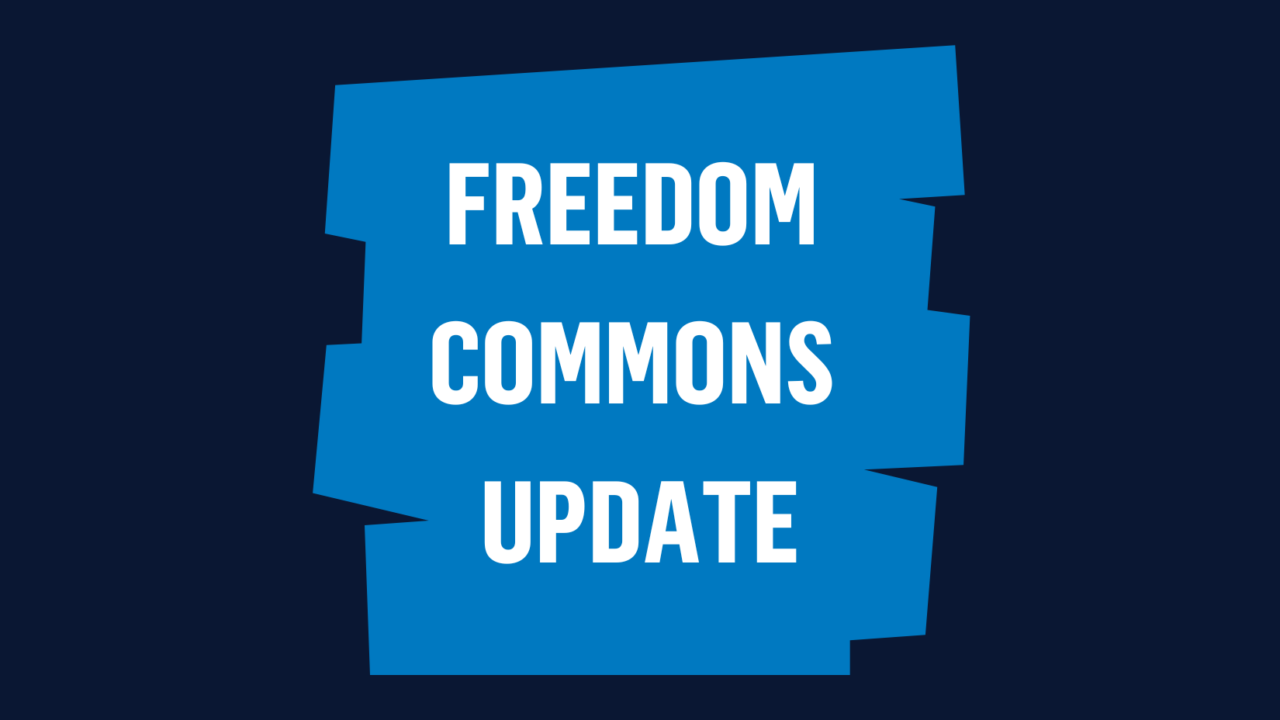End Trafficking in Government Contracting Act
Human Trafficking
October 2012
The End Trafficking in Government Contracting Act (S. 2234/ H.R. 4259) was introduced on March 26, 2012 by Senators Richard Blumenthal (D-CT), Rob Portman (R-OH), Al Franken (D-MN), Marco Rubio (R-FL), Susan Collins (R-ME), Joe Lieberman (I-CT), and Congressmen Darrell Issa (R-CA), Elijah Cummings (D-MD), James Lankford (R-OK), Gerry Connolly (D-VA), and Chris Smith (R-NJ), respectively.
Despite a “zero tolerance” policy, human trafficking by federal government contractors and subcontractors operating overseas remains a serious problem. The bipartisan Commission on Wartime Contracting, which conducted a comprehensive inquiry into the performance of contracts in support of military operations, recently concluded that “[e]xisting prohibitions on such trafficking have failed to suppress it.” The End Trafficking in Government Contracting Act responds by requiring contractors to implement trafficking prevention programs, and by strengthening oversight and investigation of trafficking reports to eliminate trafficking on federal grants and contracts.
More than 70,000 third country nationals, recruited from countries like India, Bangladesh, Fiji, and the Philippines, work for contractors and subcontractors of the U.S. military in Iraq and Afghanistan (and over 250,000 third country nationals over the past 10 years). The Defense Department, State Department, and USAID also rely heavily on third country nationals worldwide. Lured by the promise of lucrative jobs, these workers find themselves the unwitting victims of illegal and fraudulent employment practices. These individuals often find their passports confiscated, and many face conditions akin to modern indentured servitude, with minimal wages and heavy debts owed to labor brokers. Many more suffer harassment and repeated sexual abuse.
The End Trafficking in Government Contracting Act addresses this problem by enhancing prevention, accountability, and enforcement with regard to these trafficking abuses:
Prevention. The bill prevents trafficking abuses by requiring contractors with contracts of over $1 million to implement compliance plans to prevent trafficking abuses such as: destroying or confiscating passports; misrepresenting wages or work location; using labor brokers who charge exorbitant recruiting fees; and activities that support the procurement of commercial sex acts.
Accountability. The bill improves accountability by requiring that a contractor notify the Inspector General if they receive “credible evidence” that a subcontractor has engaged in prohibited conduct, and requiring the Inspector General to investigate such instances. The bill also mandates that those findings be reported and made available to the public.
Enforcement. The bill improves enforcement of anti-trafficking requirements by—
- Expanding the criminal prohibitions that prevent fraudulent labor practices typically associated with human trafficking of third country nationals to include employees on overseas contracts.
- Codifying the range of remedial actions available for violations of anti-trafficking requirements, including the removal of an employee or the suspension or debarment of the contractor.